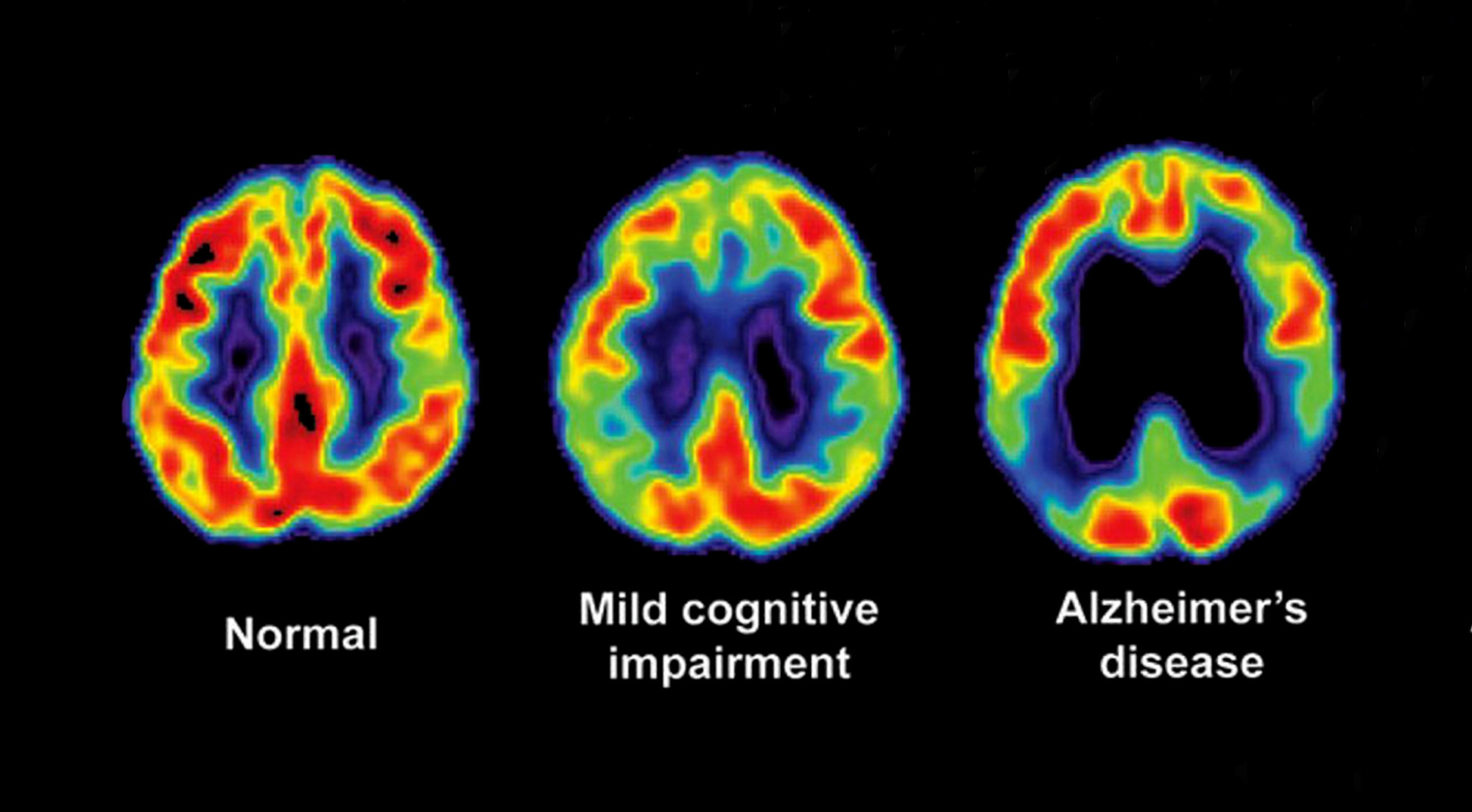Science & Technology
Natural Product Based Alzheimer Inhibitor
- 30 Apr 2020
- 2 min read
Why in News
Scientists from Jawaharlal Nehru Centre For Advanced Scientific Research (JNCASR) have modified the structure of Berberine into Ber-D to use as an Alzheimer's inhibitor.
- JNCASR is an autonomous institute under the Department of Science & Technology (DST), Govt. of India.
- Berberine is a chemical found in several plants. It is a natural and cheap product similar to curcumin (a substance in turmeric). It is found in India and China and used in traditional medicine and other applications.
Key Points
- Berberine is poorly soluble and toxic to cells. So scientists modified berberine to Ber-D, which is a soluble (aqueous), antioxidant. They found it to be a multifunctional inhibitor of multifaceted amyloid toxicity of Alzheimer’s disease.
- Amyloid is a protein that is deposited in the liver, kidneys, spleen, or other tissues in certain diseases.
- In case of Alzheimer’s disease, Amyloid beta (Aβ) accumulates in the brain.
- Ber-D inhibits aggregations of metal-dependent and -independent Amyloid beta (Aβ). Further, Ber-D treatment averts mitochondrial dysfunction and corresponding neuronal toxicity contributing to premature apoptosis (cell death).
- These multifunctional attributes make Ber-D a promising candidate for developing effective therapeutics to treat multifaceted toxicity of Alzheimer’s disease.
Alzheimer’s disease
- Alzheimer's disease is a progressive disorder that causes brain cells to waste away (degenerate) and die.
- It is the most prevalent neurodegenerative disorder and accounts for more than 70% of all dementia.
- Dementia is an overall term for diseases and conditions characterized by a decline in memory, language, problem-solving and other thinking skills that affect a person's ability to perform everyday activities.
- Memory loss is an example.






-min.jpg)